Knowledge by Donald Weber
educator, photographer
<p class="p1">Donald Weber — once was an architect, now a photographer and educator. He has made books, exhibitions and installations. Some people have seen his work, many have not, but he still believes in photography as communication. Right now, he wants to know if photography can challenge, or rupture, the common picture of globalization. This is what he is exploring in his PhD.</p>
Allan Sekula, Fish Story (book)
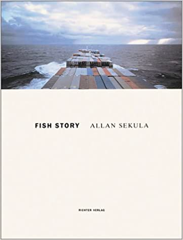
Fish Story busts open the anonymous doors of the blank metal shipping container, and exposes the dirt and grime, the muck and the sweat of global circulation and its dispossession. He insists that the ‘forgotten space’ of the sea is anything but, that it is, in fact, strewn with bodies in pain.
Link to his book here
Patrick Keiller’s Robinson Trilogy: London, Robinson in Space, Robinson in Ruins (films)
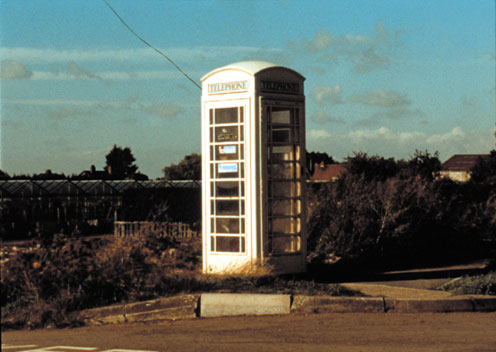
The three films are a satirical and visual record of the landscapes of the unknown, or rather ’new spaces,’ that manifest themselves from within England’s peculiar form of capitalism. You could say his landscapes are in the spirit of Turner, documenting the dramatic changes wrought by economics and politics, brought to bear in the late 20th and early 21st centuries, but connected throughout history.
Web link here
Chris Kilip, In Flagrante
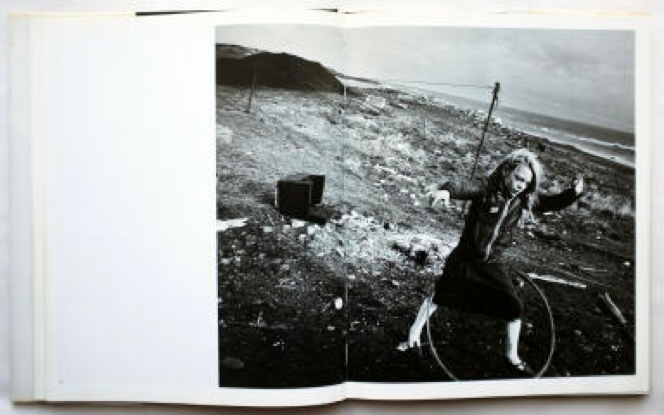
Kilip was a British documentary photographer who photographed the deindustrialization of the UK, with particular attention paid to the north. When a critic said this book was an indictment of Thatcherism, Kilip replied in a short introduction to the new edition: “The photographs date from 1973 to 1985 when the prime ministers were: Edward Heath, Conservative (1970-1974), Harold Wilson, Labour (1974-1976), James Callaghan, Labour (1976-1979), Margaret Thatcher, Conservative (1979-1990).
Henry Rollins, his ’samizdat’ poetry/spoken word on working in an animal testing lab
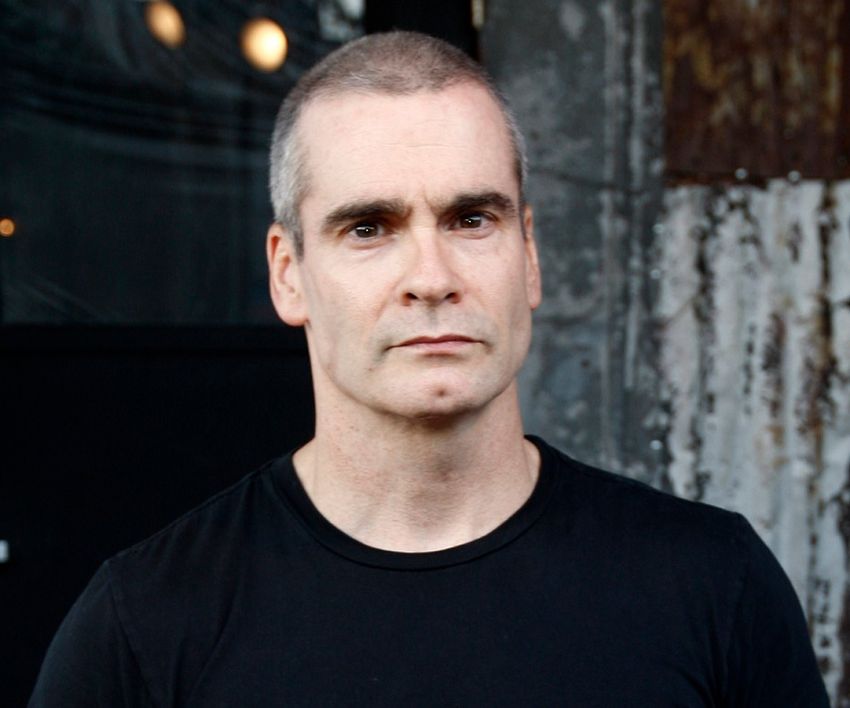
When I a was a teenager, my best friend gave me a photocopied booklet of Henry Rollins’s spoken word/poetry about his time working in an animal testing lab (he killed rats). This was the first time I felt I was participating in a furtive, secret world that my mother would be appalled at. It was printed on cheap green paper, and stapled along the edge. My friend gave me his copy, rolled up and dispatched to me from his back pocket. It was this publication that made me think of the object itself as a form of communication.
Come and See, Elim Klimov
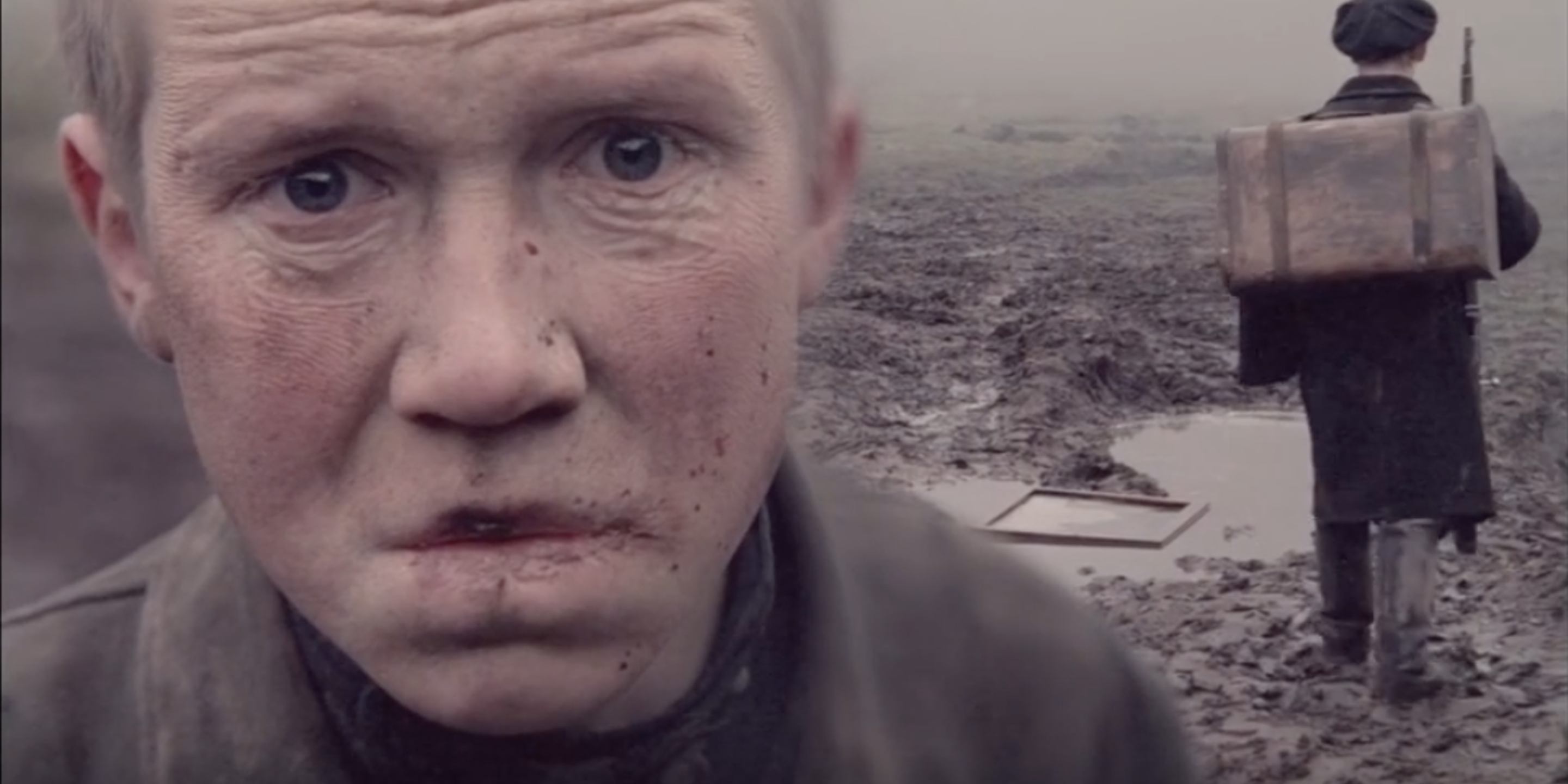
A terribly brutal film that makes Saving Private Ryan out to be a knitting circle with the Golden Girls. It is a complete plunge into war, a film that easily disposes of sentimentality and instead is a blunt instrument that speaks to the power of art and cinema; it actually deserves its ‘anti’-war moniker. The only way I can think of this film is as if you are actually there.
Web link here
Sinews of War and Trade, Laleh Khalili
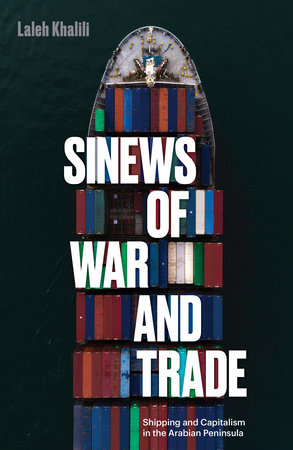
My father grew up on the Detroit River, and ever since I was a little boy, I loved to watch the ships go by, on their way to Duluth or Thunder Bay or back towards the Atlantic. I knew then that these ships were carrying something from somewhere to some place, but not much more. Khalili’s book spells it out clearly and lucidly, an almost forensic investigation into the circulatory system of global capital: the capillary veins of trade, capital, conflict, environmental degradation, politics and more.
Link to book here
The Wire
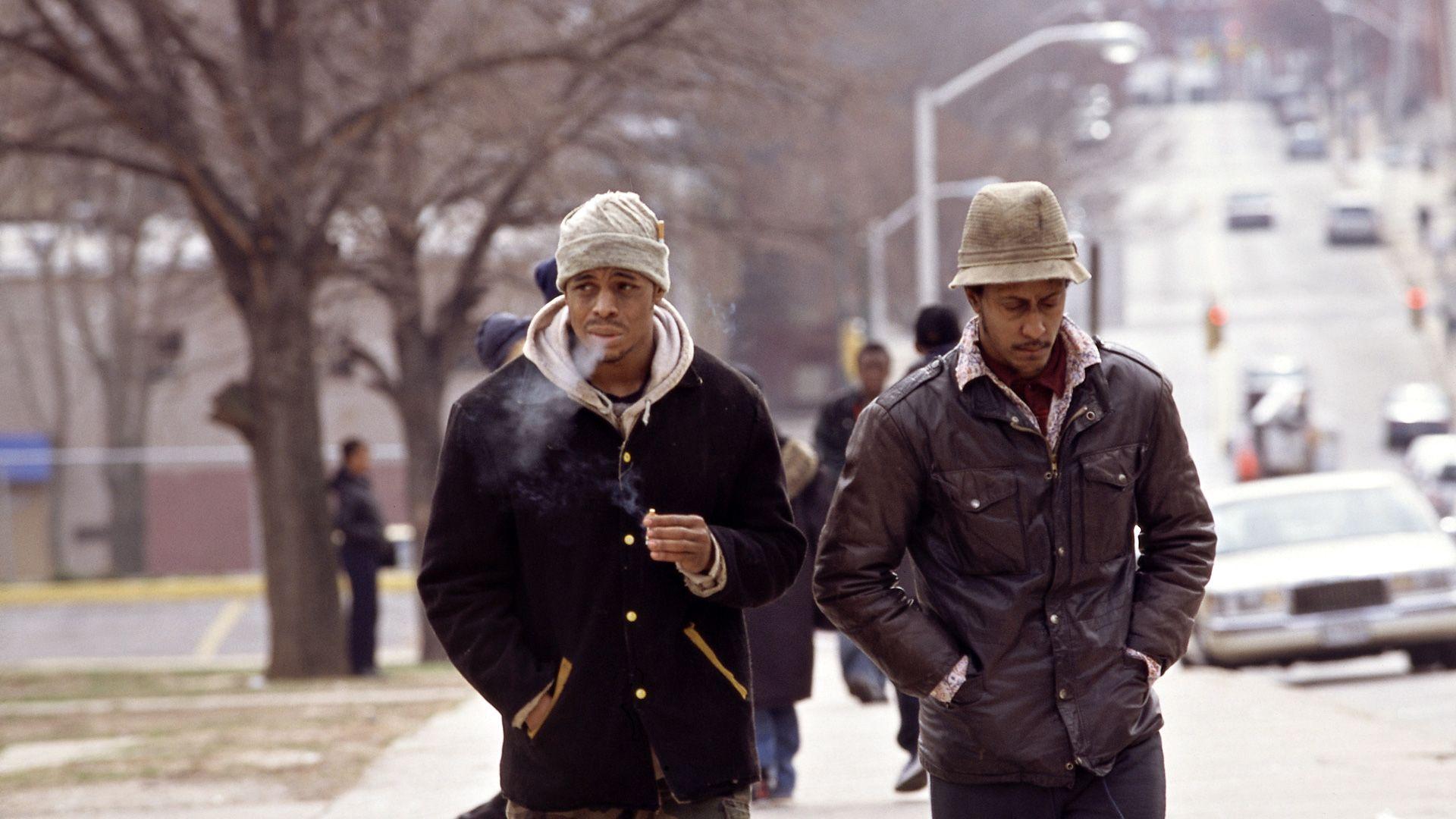
Because I am contrarian and stubborn, and everybody said I should watch The Wire, I refused to watch it. But then I did; it sits in my brain, lurking, to this day. David Simon, creator of The Wire, described it briefly: “The Wire is really not interested in Good and Evil; it’s interested in economics, sociology, and politics.”
p.s. I have yet to watch The Sopranos.
The "Fuck" Wire scene here
For Space, Doreen Massey
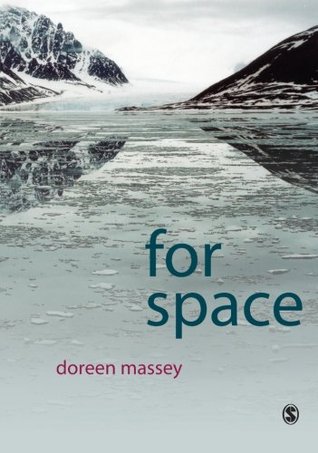
Massey describes space as thus: “Stories-so-far.” I cannot think of a more beautiful way to imagine it.
Web link here
William Bunge, Detroit Geographical Expedition and Institute: Fitzgerald
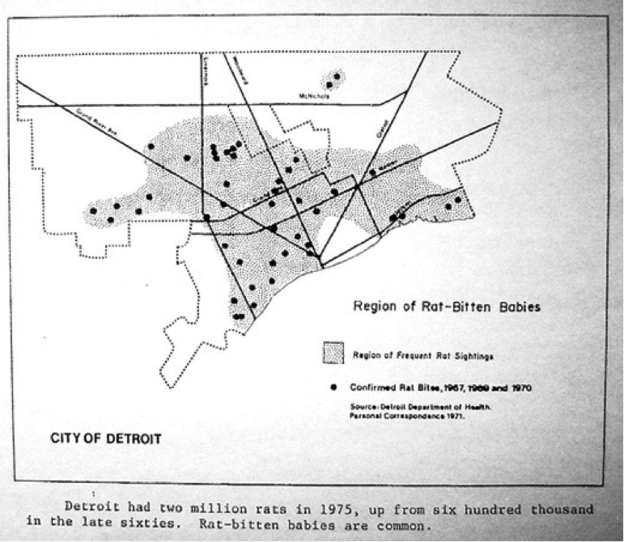
A radical geographer so radical that even the radical geographers couldn’t accept his work. Bunge, simply, sought to use geography and mapping as a method from below. Bunge: “While Fitzgerald cannot escape the world, at least it can maintain the dignity of seeing its imprisonment through its own eyes.”
Web link here
Camerawork, UK
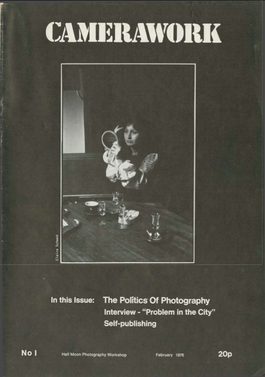
Camerawork was a British magazine focusing on documentary photography in the late 70s and early 80s. It aligned itself with the political Left, and proposed a radical call to photographers that documentary’s fortunes were entwined with the visibility of social class. They asserted that a reinvention of documentary was necessary if documentary practice was to stave off the encroaching influences of the art market. They stopped publishing in 1985; it is not uncommon for a photograph to sell for hundreds of thousands, if not millions of dollars, today.
